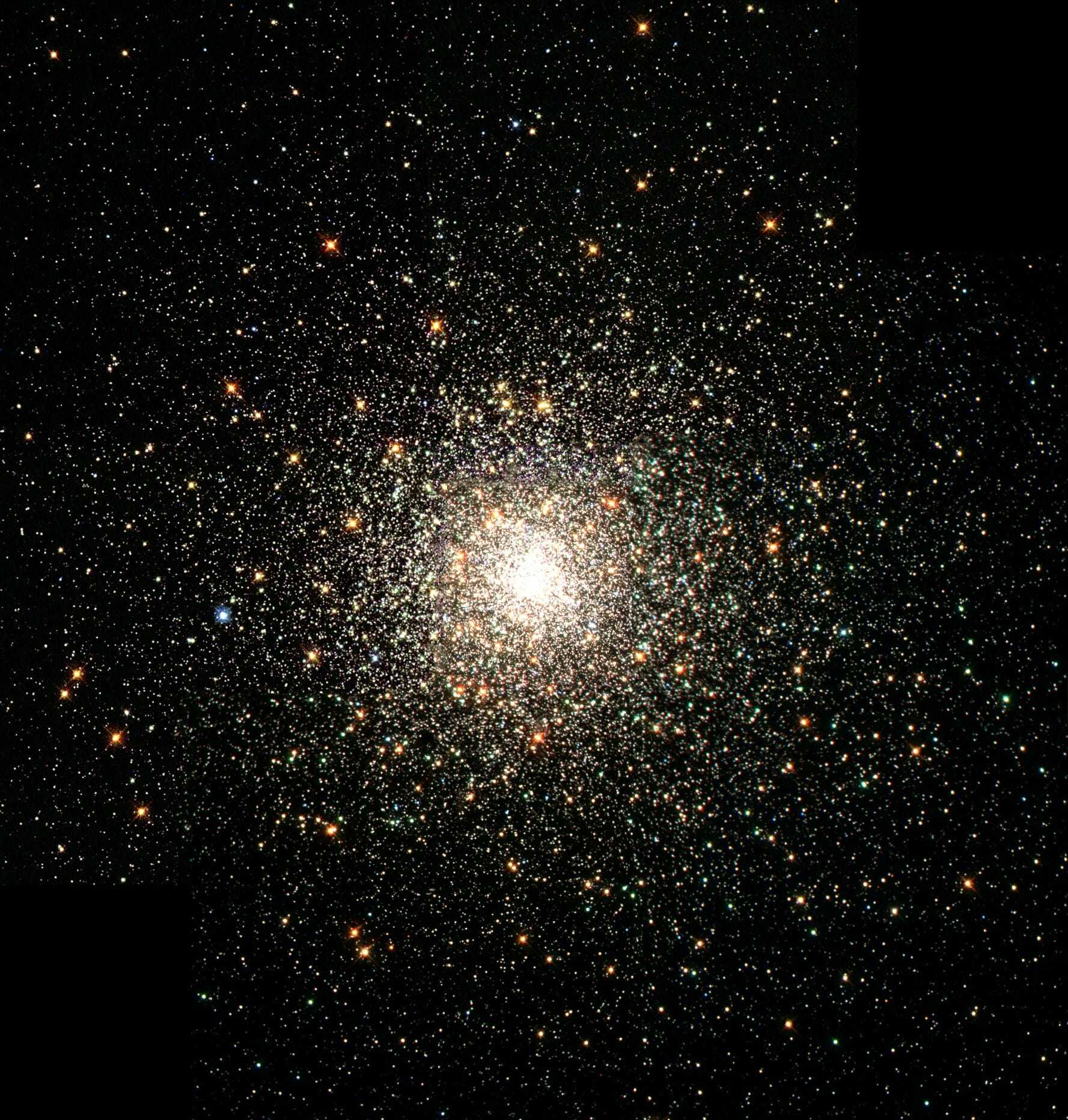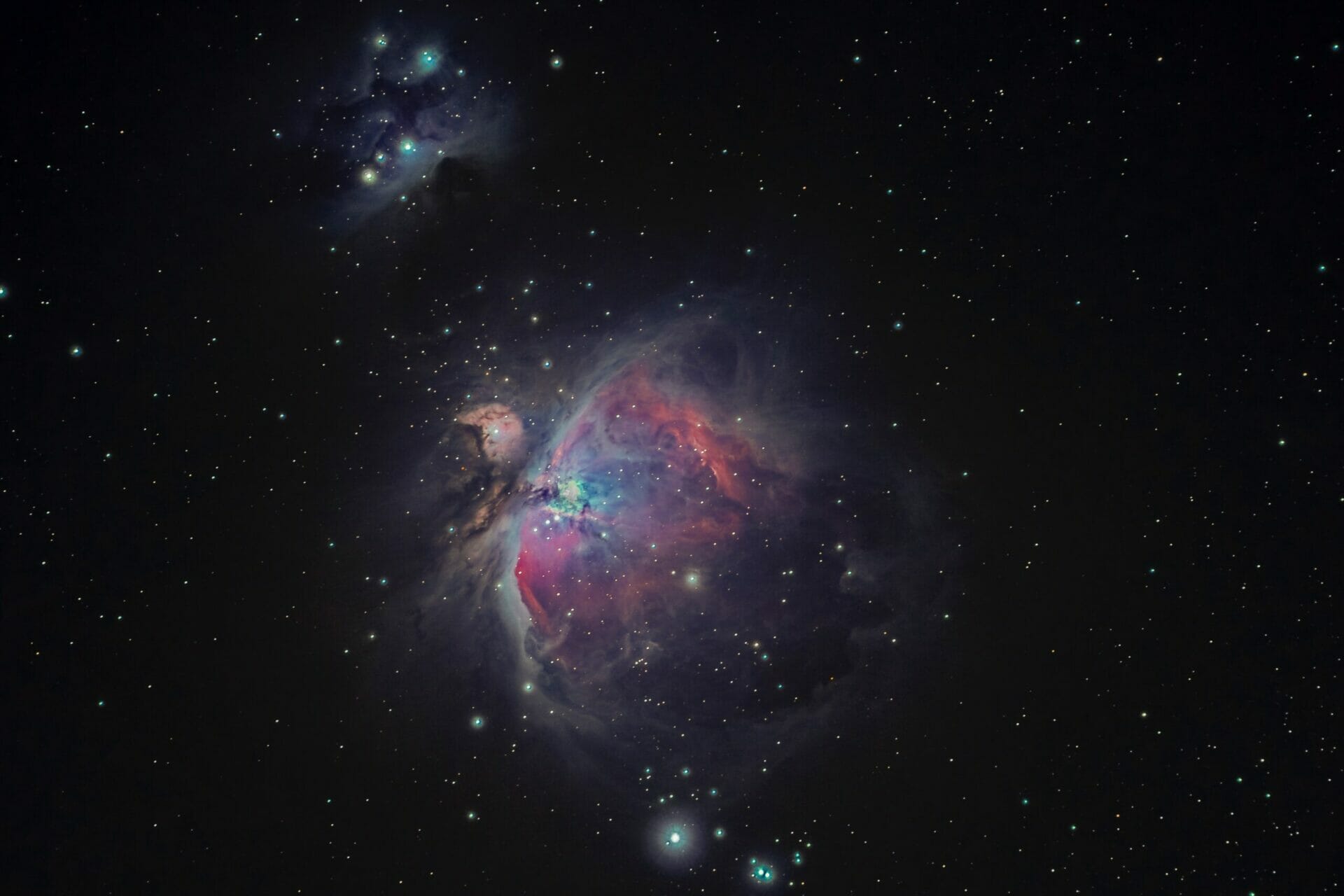
Seven Brief Lessons on Physics | Beauty unfold
Author
Year
Format
Seven Brief Lessons on Physics is a collection of essays by the Italian physicist Carlo Rovelli. The book is concise but dense. Revolving around XX-century physics discoveries, in less than a hundred pages encompasses concepts such as time, space, conscience, and free will.
Science made simple
Developed from newspaper Sunday features, it is written to be understandable by an audience unfamiliar with physics. Simple language, straightforward reasoning, and down-to-earth similarities combine with a tone full of wonder. Moreover, the explanations rely upon only words (and a few illustrations): the book is free from math, formulae, and footnotes.
With Seven Brief Lessons on physics, Rovelli follows the steps of other scientists, like Richard Feynman or Richard Dawkins, that with essays such as Six Easy Pieces (with Six Not So Easy Pieces) and The Selfish Gene, rearranged their knowledge into educational works, which later became classics of nonfiction science.
As disclosed by the title, Seven Brief Lessons on Physics includes seven lessons, each about a pillar of contemporary physics. Einstein’s theory of relativity, quantum mechanics, the structure of the cosmos, elementary particles, quantum gravity, thermodynamics, black holes, and time, and finally the consequences of these theories on the role of humans in reality.

Beauty and mystery
The themes covered are vast, but Rovelli chose to condense them with a minimalistic approach. Seven Brief Lessons on Physics could be a compendium of physics’ state of the art, thou lacking in severity and rigidity. Incursions in philosophy and autobiographical cues are not rare, and some passages get closer to lyricism. In particular, the writer interests the reader by offering glimpses of the questions open in each field. And how the answers to those questions could change our understanding of reality. It is often stressed how much science can be moving, like a musical composition or an art masterpiece, before being useful.
Therefore, this book could be a pamphlet on the passion that drives the scientific community. The peculiarity of these pages lies in the explanations built on two abstract and unmeasurable parameters: beauty and mystery. The reader closes the book with a sense of bewitchment and awe. The same feelings the writer maintains still strike him after years in the field.









